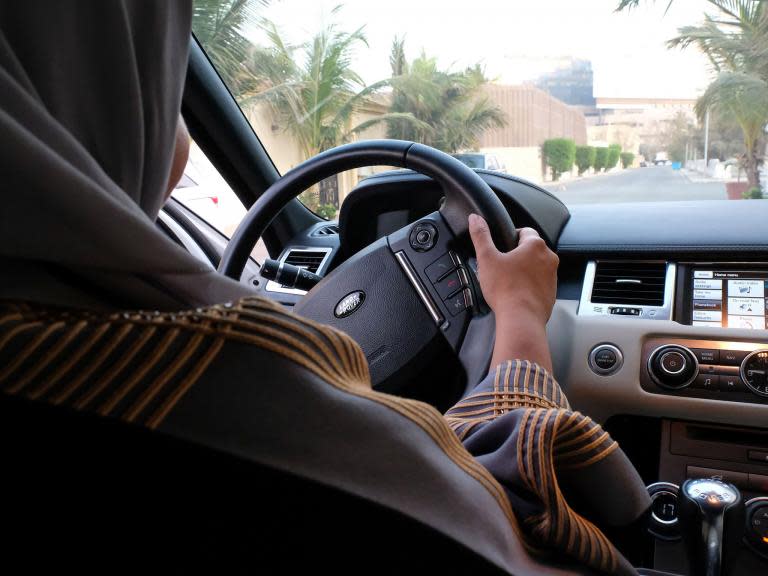Saudi Arabia accused of torturing female activists by electrocution and flogging leaving them unable to walk
Campaigners have accused Saudi Arabia of subjecting several activists, including female human rights defenders, imprisoned since May to torture and sexual harassment.
More than a dozen women’s rights activists have been detained for months, most of whom had campaigned for the right to drive and an end to the Kingdom’s male guardianship system, but some have since been freed.
A group of UN experts last month called for the immediate release of six female human rights defenders they said were still being held incommunicado in Saudi Arabia.
The arrests in May followed an earlier crackdown on clerics, intellectuals and activists in September 2017, in an apparent attempt to silence potential opponents of the country’s de facto ruler Crown Prince Mohammed bin Salman.
The torture allegations come as Riyadh faces international outcry over the killing last month of dissident Saudi journalist Jamal Khashoggi in the Saudi consulate in Istanbul.
Amnesty International said that, according to testimony from three individuals it had gathered, some of the detained activists “were repeatedly tortured by electrocution and flogging” that left some “unable to walk or stand properly”.
Human Rights Watch quoted “informed sources” as saying Saudi interrogators tortured at least three female Saudi activists. Both of the human rights organisations said the detainees were subjected to sexual harassment.
Lynn Maalouf, Amnesty International’s Middle East research director, said: “Only a few weeks after the ruthless killing of Jamal Khashoggi, these shocking reports of torture, sexual harassment and other forms of ill treatment, if verified, expose further outrageous human rights violations by the Saudi authorities.”
The allegations could not be verified and the campaigners did not clarify the identity of the individuals who provided testimony. Human Rights Watch said the sources were concerned they and the activists would suffer reprisals if identified publicly.
A Saudi government communications office did not immediately respond to a request for comment. Riyadh has in the past denied using torture and said that arrests were made on the basis of people accused of having suspicious contacts with foreign entities and of offering financial support to “enemies overseas”.
Last June the Saudi government ended a decades-old ban on women driving cars as part of an attempt to diversify the economy away from oil and open up Saudis’ cloistered lifestyles.
But while many hailed the end of the ban on women driving as evidence of a new progressive trend, it has been accompanied by a crackdown on dissent.
Turkish President Recep Tayyip Erdogan has said the killing of Khashoggi was ordered at the “highest levels” of the Saudi government but has not directly accused Prince Mohammed. Saudi Arabia has denied that the prince ordered Khashoggi’s killing.
Donald Trump released a statement on Tuesday defending US ties with Saudi Arabia in spite of saying the Crown Prince “could very well” have known about the assassination.
Additional reporting by Reuters

 Yahoo News
Yahoo News 

